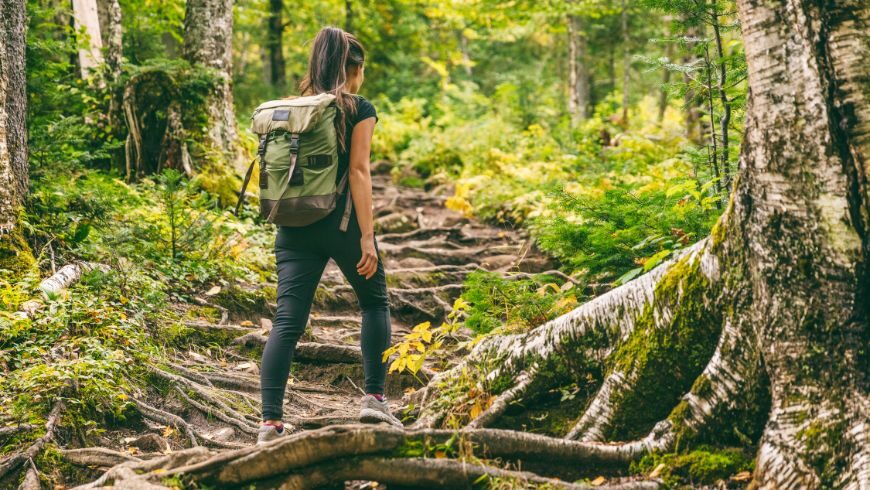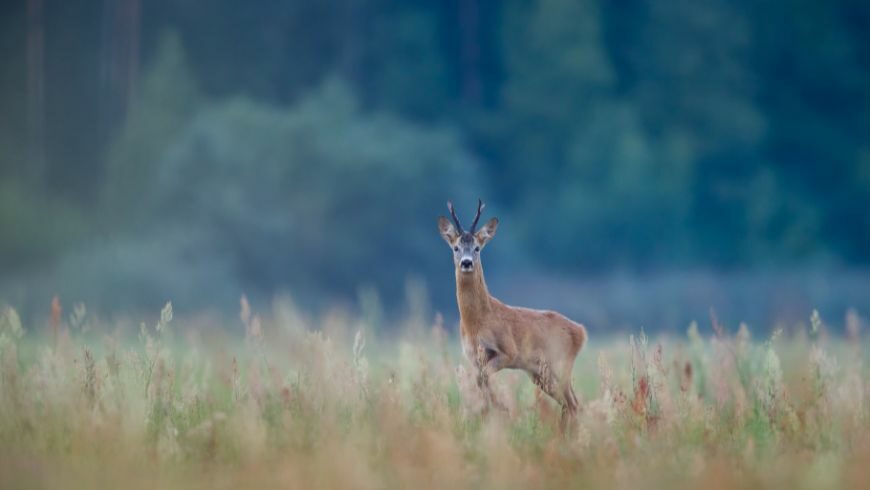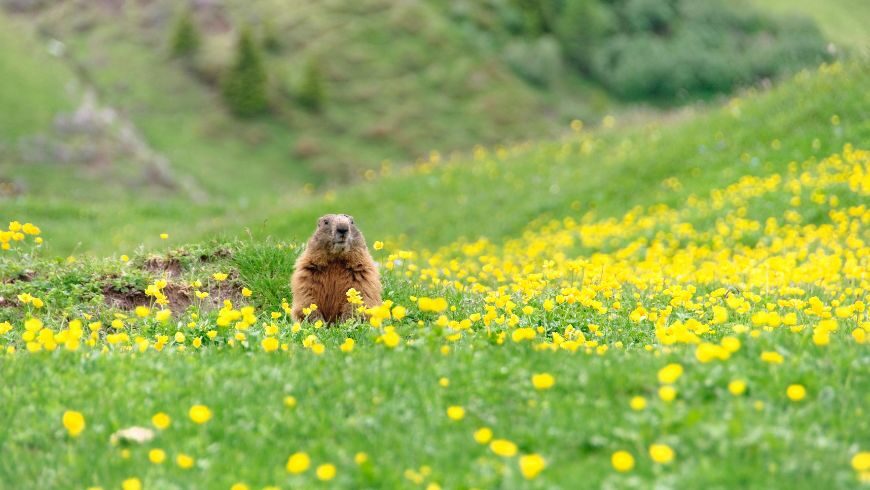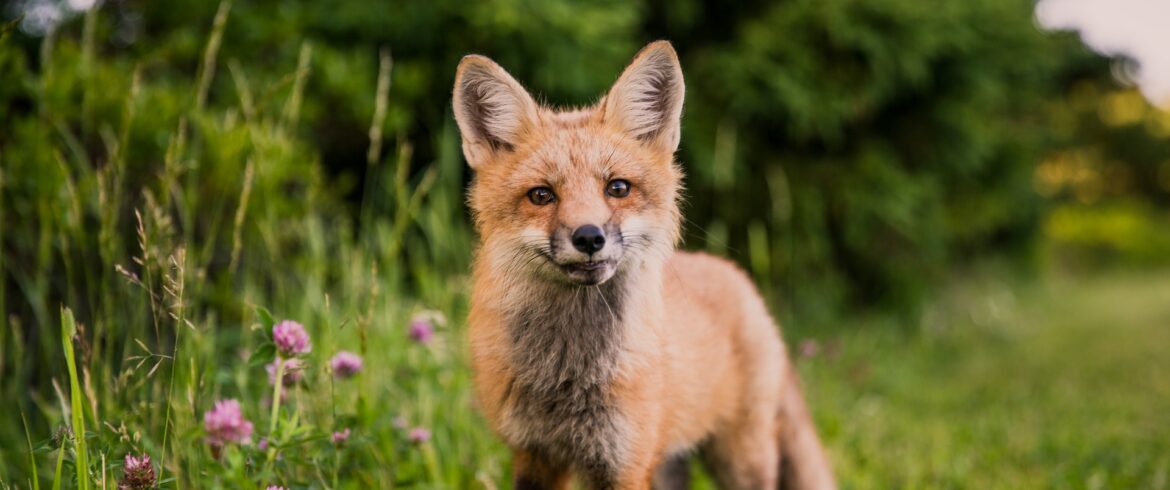Embarking on journeys that allow you to interact ethically with wildlife on your travels is a captivating way to connect with nature. Engaging with the wild inhabitants of our planet can be both exhilarating and educational, offering a profound sense of appreciation. However, it’s imperative to approach these encounters with a sense of responsibility, ensuring that your interactions leave a positive impact. Let’s explore the essential principles of ethical wildlife tourism!
Research before you go
Researching before you go is a fundamental step to interact ethically with wildlife on your travels. Just like you’d put effort into finding sustainable accommodation, you must also do your wildlife research!
Start by identifying reputable wildlife tour operators prioritizing ethical practices and animal welfare.
Look for reviews and testimonials from previous travelers to gauge their credibility.
In addition, consider choosing destinations known for their strong conservation efforts and responsible
tourism initiatives. These places will likely offer ethical wildlife experiences that align with your values.
Investing time in this research ensures that your wildlife encounters are unforgettable and contribute
positively to preserving our precious natural world. It’s a small effort that can lead to significant rewards
for you and the animals you encounter traveling!
Respecting natural habitats
Respecting natural habitats is fundamental to interacting ethically with wildlife on your travels. When exploring the outdoors, stay on designated trails and paths, as these routes are carefully planned to minimize human impact on delicate ecosystems. Avoiding off-trail excursions helps protect plant life, prevent soil erosion, and preserve the homes of wildlife. Be mindful of where you step, refraining from disturbing nests or burrows. Even small actions like picking flowers or collecting rocks can disrupt the balance of these environments.

Keep a safe distance
To have a perfect vacation that respects your safety and the wellbeing of animals, you need to keep a safe distance during your encounters. Understanding the appropriate distance for different species is key to ensuring minimal disruption to their natural behaviors. Getting too close can cause stress, alter feeding patterns, or even provoke defensive reactions from animals, potentially endangering everyone involved.

Always follow the guidance trained guides or park authorities provide, even if it sounds excessive. Maintaining a respectful distance will create memorable wildlife experiences while safeguarding the animals and yourself.
Responsible photography
Responsible photography is an important component of ethical wildlife tourism. When capturing those incredible moments in nature, prioritize the well-being of the animals. Using zoom lenses or telephoto settings allows you to get up close without invading their personal space.
Avoid using flash photography, too, as it can startle animals, disrupt their natural behavior, and even harm their sensitive eyes. At the same time, silence your camera’s shutter sound to minimize noise disturbance. The aim is to observe and capture wildlife in their natural state, ensuring they remain undisturbed and stress-free!

Feeding wildlife is a big-time no
Feeding wildlife is a big no-no in responsible wildlife tourism. While it may seem kind, it can severely affect animals and their habitats. When wild animals rely on human handouts, it disrupts their natural foraging behaviors and diets, leading to malnutrition. In addition, it can alter their behavior, making them more aggressive towards humans and less capable of surviving in the wild.
Feeding also attracts larger animals to areas where they may not naturally congregate, increasing the disease risk. Therefore, to appreciate and respect animals, it’s best to observe them from a distance and let them find their food.
Be mindful of noise and movement
Being mindful of noise and movement is another aspect of interacting ethically with wildlife on your travels. Animals in their natural habitats are sensitive to disruptions, so maintain quiet and minimize sudden movements. Speak softly or use hushed tones to avoid startling them, and try to limit unnecessary noise like loud conversations or music. Sudden movements can trigger a fight-or-flight response in wildlife, causing stress and potentially dangerous situations. Approach slowly and calmly, keeping a respectful distance to observe without causing distress.

Interact Ethically with Wildlife: Refrain from collecting souvenirs
If you want to be mindful of sustainable travel, refraining from collecting souvenirs directly from nature is an important principle to uphold. While taking home a piece of the wild as a souvenir is tempting, this practice can harm ecosystems and endanger species. Removing rocks, shells, plants, or animal parts disrupts the delicate balance of natural habitats and can even drive some species toward extinction.
Think of it this way: one person doing it might not matter, but if every tourist does? That can add to thousands of people over a year in ‘unpopular’ areas. Instead, consider supporting local artisans and conservation efforts by purchasing ethically sourced souvenirs. These items hold more cultural and ecological value and contribute to the well-being of local communities and the preservation of natural wonders.
Reporting unethical behavior
Reporting unethical behavior is a helpful aspect of responsible tourism. As a conscientious traveler, it’s your responsibility to be the eyes and ears of our natural world. If you witness any form of unethical conduct, such as animal harassment, illegal poaching, or habitat destruction, don’t hesitate to take action. First, gather as much information as possible, including photographs or videos, without putting yourself in harm’s way.
Then, promptly report the incident to local authorities, park rangers, or wildlife organizations. Your report can make a real difference in stopping harmful practices and holding those responsible accountable for their actions. By reporting unethical behavior, you become an advocate for the protection of wildlife and their habitats, contributing to the greater cause of preserving our planet’s natural treasures for generations to come. It’s a small but significant step toward positively impacting our environment.

Enjoying your wildlife encounters guilt-free
With our exploration of how to interact ethically with wildlife on your travels, you can be responsible and respectful in your interactions with the natural world. By adhering to ethical principles, you contribute to conserving our planet’s diverse ecosystems and ensure that future generations can also revel in the beauty and wonder of wildlife. So, whether you’re observing a majestic creature or simply enjoying the tranquility of nature, keep these guidelines in mind.
Photo by Scott Walsh via Unsplash

Author: Samantha Thorne, a distinguished logistics expert and passionate travel enthusiast, brings a unique perspective to relocation. With an extensive background in the field, Samantha’s insights at Ryder Relocations NJ have consistently streamlined and enriched the moving experience for countless individuals and families. Her love for travel fuels her commitment to ensuring smooth transitions, making her a trusted resource for those embarking on new journeys.
